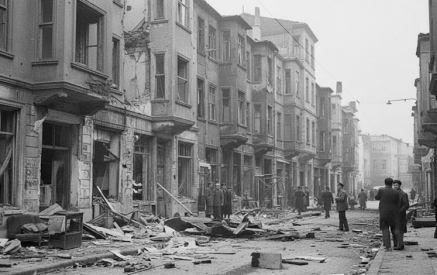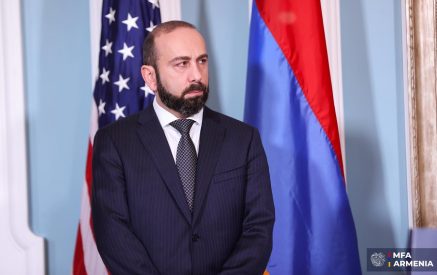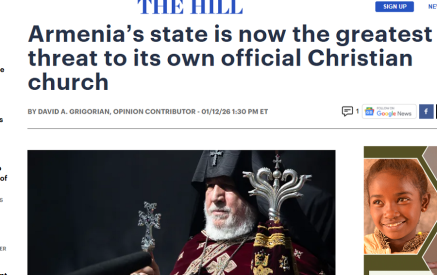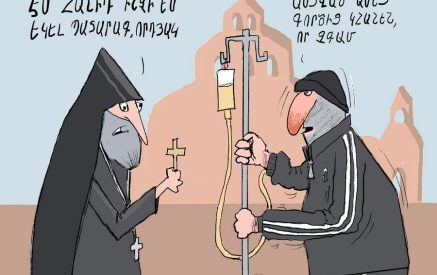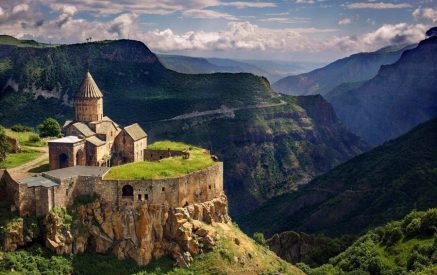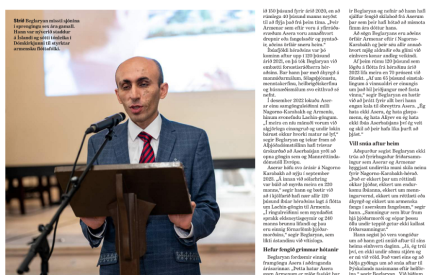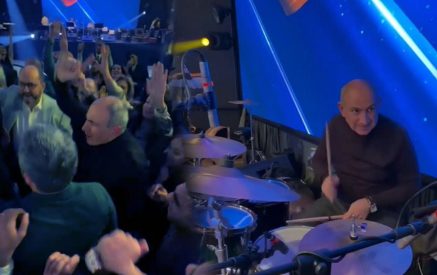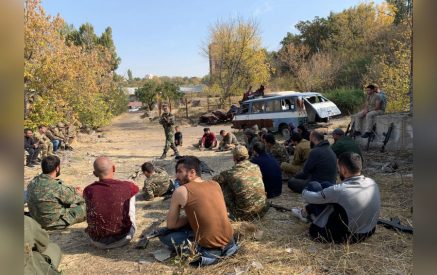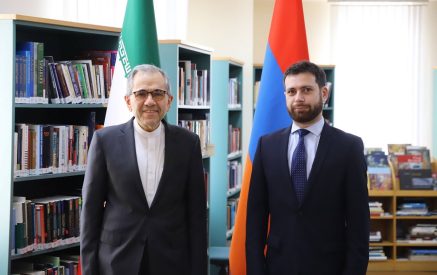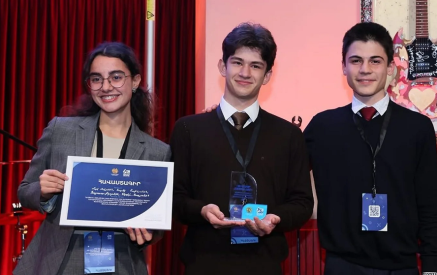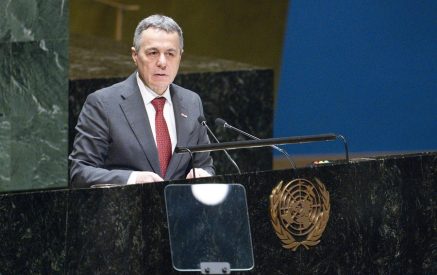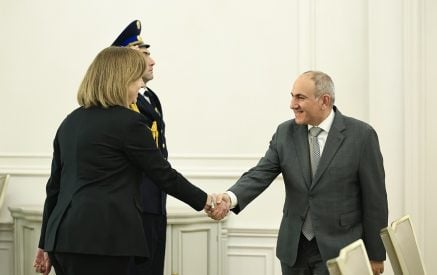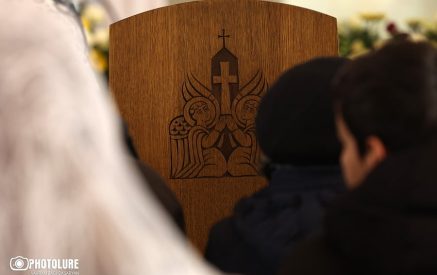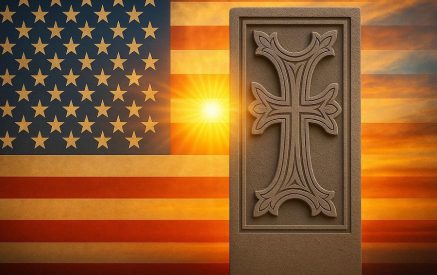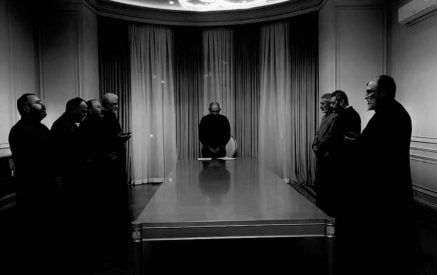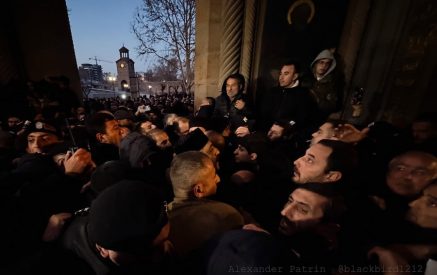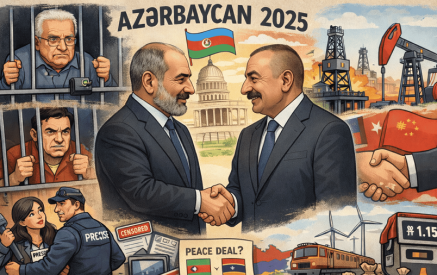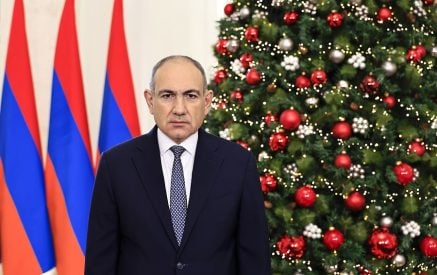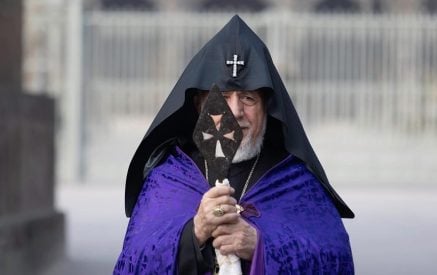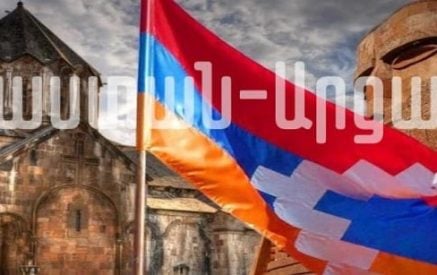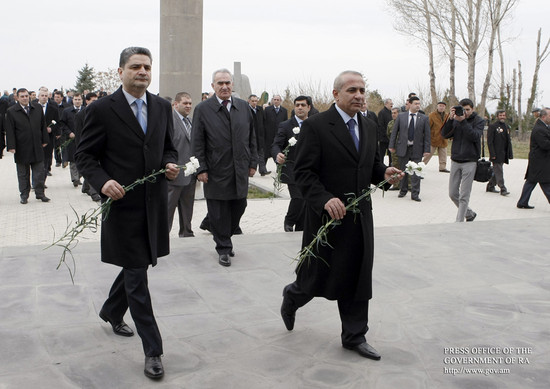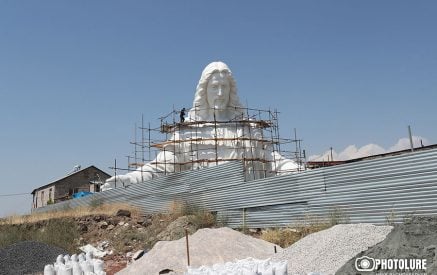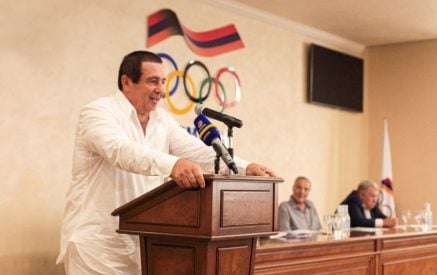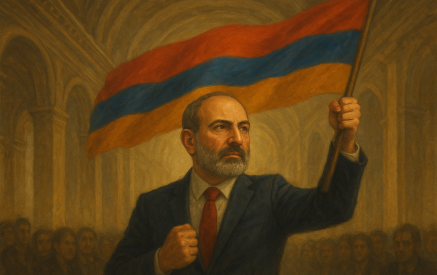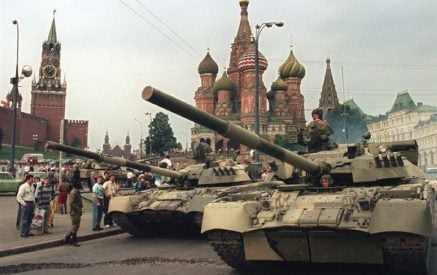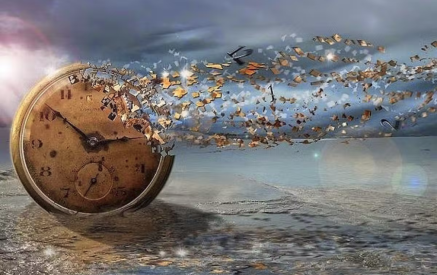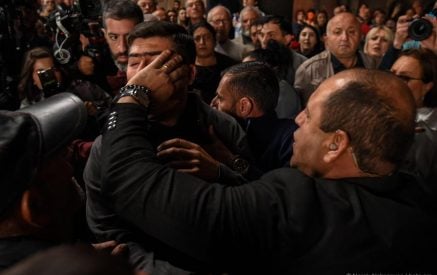Though many would agree that the former prime minister does not significantly exceed the current one with respect to education and literacy, however, the politicized segment of our society, and especially the opposing segment was treating the former one more negatively than the current one.
Offshore, of course, was one of the reasons but not the only one.
Talking about the education of the former one, we must also realize that the offshore was also the “result” of education and professional knowledge of the former one, and by saying a result, we must understand that the result, especially in politics, is often a negative indicator, rather than a positive.
But, I repeat, offshore was not the only reason for the negative attitude towards the former one.
Read also
The radical opposition, later the negative attitude of the opposition “magnificent four”, was the results of almost widespread and almost definite negative attitude towards the former one, especially since the tenure of the former one and at the moment of his resignation, the “magnificent four” was more prestigious in the eyes of the public than after the election of Galust Sahakyan, when it became clear that the Quartet is not principled and united in all issues. And even though we say that at the moment of voting for Galust Sahakyan as Speaker of the National Assembly, the Quartet was not not principled and united, it still does not mean that the relationship between the members of the Quartet and the attitude towards each other underwent a significant change because of Galust Sahakyan’s election. Moreover, Galust Sahakyan’s becoming the Speaker of the National Assembly, the ANC leader did not declare anyone from the members of the Quartet a traitor, and the politological analyses are continued with almost earlier impetus, and although the continuer is not personally the ANC leader, the continuers are not particularly less, and this is a sign that the so-called politological analysis is gradually becoming a norm of mentality in Armenia’s political life. And it is not particularly bizarre, and will not be bizarre in the case if the privilege of the politological analysis is given not to one, but to all political forces, without exception.
It’s a fact that in the event of Galust Sahakyan’s election, not the reps of the Quartet were unanimous, but, in fact, the PAP and the Rule of Law, even independent from each other. The nearby and distant goals of the Rule of Law party are still vague for us, the mortals, but as for the PAP, it can be assumed that with regard to PAP’s unanimous voting for Galust Sahakyan, already appointed Prime Minister Hovik Abrahamyan’s will had not played a secondary role. This assumption also implies that Galust Sahakyan, of course, to the extent of his abilities, had also played a positive role in Hovik Abrahamyan’s becoming the prime minister, and this is not only the way of Armenian thinking, but also the result of politological analysis.
Analyzing politologically, we should also try to understand the motives and reasons for withdrawal of the RoL from coalition.
By saying the Rule of Law, all of us, of course, understand Artur Baghdasaryan and if at this point, the RoL party is no longer a member of the coalition, it means personally Artur Baghdasaryan wanted this to happen.
The question is the following, whether Artur Baghdasaryan was personally offended. Is this the reason why he gave up the privileges and obligations of a member of Coalition, or by voluntarily giving up the obligations and privileges, he is thinking of pursuing a more far-reaching goals? It can be assumed that the RoL party leader intends to make one more attempt in the opposition field with a goal to again participate in the presidential campaign, and if we think that he does not have chances to achieve success in this campaign, it still does not mean that personally Artur Baghdasaryan shares this opinion.
In short, the presidential campaign has already begun, regardless of when the incumbent president will finish his second term as a president.
Everything makes us feel and believe that the second president also intends to participate in the upcoming presidential elections. Some take Kocharyan’s chances very high, and some – very low.
Although most people are not serious about Hovik Abrahamyan’s becoming president, he also would have some chances, unless, of course, the prime minister’s position is maintained until the next regular or extraordinary presidential elections. Life has more than two times showed that it is much easier for the current prime minister to become a president than for the others, and this factor definitely was a major reason that some ruling and opposition forces unanimously did their utmost to make Tigran Sargsyan’s resignation reality.
Some also see and imagine Gagik Tsarukyan on the president’s chair, though, at this moment, those seeing and imagining Tsarukyan, Kocharyan and the incumbent prime minister on the presidential chair, seem to be the same people.
This time, we think that much will depend on the attitude of the opposition. Much will also depend on just participation or non-participation of radical opposition in presidential campaign.
Our analyses took us away from the title of our own series of articles. Next time we will possible get back.
VOSKAN YEREVANTSY







